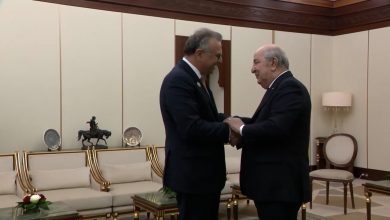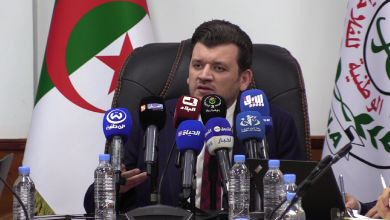The Netherlands is holding its breath as voters cast their ballots in a snap general election today, Wednesday, October 29th, 2025. The outcome will determine whether the country embraces a more hardline, anti-immigration stance championed by populist figure Geert Wilders, or returns to a more centrist political path. Polling stations opened early, at 6:30 AM local time (05:30 GMT) in select locations to accommodate commuters and early risers, signaling the high stakes and anticipated voter turnout. The first exit polls, historically reliable indicators of the final result, are expected to be released as soon as voting concludes at 9:00 PM local time.
The election is widely viewed as a crucial test of the strength and reach of populism in Europe. With nationalist parties gaining traction in countries like Britain, France, and Germany, the Dutch election serves as a barometer for whether the populist wave is continuing to expand or has reached its peak in certain parts of the continent.
Geert Wilders, leader of the Party for Freedom (PVV), secured a decisive victory in the previous election in 2023. He then formed a conservative coalition government. However, that government collapsed in June of this year after just two years, triggered by disagreements over asylum policies. Wilders pushed for increasingly stringent measures to curb immigration, which ultimately proved unacceptable to his coalition partners.
Polls leading up to today’s election suggest that Wilders’ PVV is likely to win the most seats, although the margin of victory is predicted to be slim. Several other parties are closely trailing, making the final outcome highly uncertain. Wilders, known for his admiration of former U.S. President Donald Trump, faces significant obstacles in forming a new government.
Several major parties, including the center-right People’s Party for Freedom and Democracy (VVD) and the Christian Democratic Appeal (CDA), have explicitly stated their unwillingness to enter into a coalition with Wilders and his party. This stance severely limits Wilders’ chances of assuming power unless he secures a significantly larger and unexpected victory. The fragmentation of the Dutch political landscape makes coalition building a complex and potentially protracted process, often taking weeks or even months to resolve.
Adding to the uncertainty, opinion polls revealed that a substantial proportion of voters – nearly half – remained undecided in the days leading up to the election. This indecision highlights the volatility of the electorate and the potential for surprise results.
Wilders, a veteran figure in the European populist movement, is notorious for his staunch anti-Islam views. He has lived under constant protection due to credible death threats against him. His policy platform includes calls to halt all asylum applications – a measure that would violate European Union treaties – repatriate male Ukrainian refugees, and eliminate development aid funding earmarked for energy and healthcare initiatives.
For more information about Algeria, check our dedicated section.
Despite the controversies surrounding him, Wilders retains a strong base of support in certain communities. In Volendam, a fishing town near Amsterdam that serves as a stronghold for the PVV, many residents remain loyal to Wilders, even after the collapse of the previous government that failed to implement the strict immigration policies he advocated or adequately address the country’s severe housing shortage.
However, the Party for Freedom has also experienced some erosion of support, particularly among Christian Democratic voters. The new leader of the CDA, Henri Bontenbal, has campaigned on a platform emphasizing government stability and traditional values, potentially drawing away voters who are wary of Wilders’ more radical proposals.
Analysts suggest that the decline in Wilders’ support reflects voter fatigue with the chaotic infighting that plagued the previous coalition government. Furthermore, Wilders’ unwavering praise for Donald Trump and the former president’s willingness to challenge the boundaries of American democracy have reportedly unsettled some voters. The Dutch, historically strong proponents of international cooperation and democratic norms, may be hesitant to fully embrace a leader who so openly admires a figure perceived as a threat to those values.
The outcome of this election will have significant implications not only for the Netherlands but also for the broader European political landscape. Will the Netherlands join the ranks of countries embracing populist nationalism, or will it choose a different path? The answer will be revealed in the coming hours, and the world will be watching closely.
The Dutch election is a stark reminder of the complex and often unpredictable nature of contemporary politics. The rise of populism, the fragmentation of traditional party structures, and the increasing influence of social media have all contributed to a political environment where outcomes are far from certain. As the Netherlands navigates this turbulent landscape, the choices made by its voters will resonate far beyond its borders.
Regardless of the outcome, the election underscores the need for open dialogue, constructive engagement, and a commitment to democratic principles in order to address the challenges facing the Netherlands and the broader European community. The future direction of the country hinges on the ability of its leaders and citizens to find common ground and work together towards a more prosperous and inclusive society.



